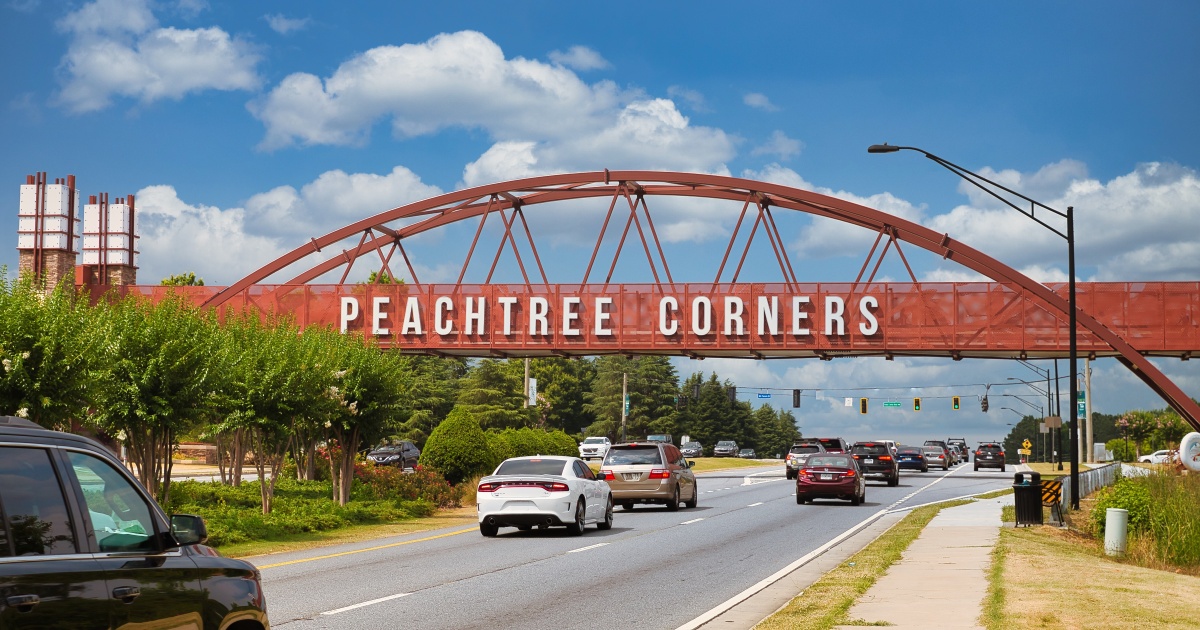
As of this article’s publication, I have yet to visit the bright city of Peachtree Corners, nestled in Georgia’s Gwinnett County and part of the Atlanta metropolitan area. But still, it surprisingly holds a sprinkle of significance for me. Why? Because prior to me drafting and doling out near-daily pieces for you, readers (i.e. here across Smart City Sentinel, as well as on IoT Evolution World, Future of Work News and elsewhere), I’d applied for this role of Editor and – as an interview-phase assignment – I was tasked with researching and writing a test piece.
That piece’s topic?
Peachtree Corners.
Funnily enough (though I wrote it this past December and, as we know, technologies shift quickly), much of my initial writing still stands. For instance, I’d written that in our current innovative age (especially with the recent boom of artificial intelligence), smart transformations have brought the real advent of smart cities. Studies still show that, by 2050, up to 70% of Earth’s population is expected to live within or near cities. This makes the race for smart-city solutions one to keep a sharp eye on, and developments within Peachtree Corners are no exception.
Enter into this Peachtree discussion the 3D perception solution company that’s using AI deep-learning to power the future of mobility, Seoul Robotics. Founded in 2017 in Seoul, South Korea, its mission is to make robots more intelligent by helping them come to understand the world like humans do.
And now, Seoul Robotics has established its U.S. office right in the Curiosity Lab at Peachtree Corners.
Per William Muller, Vice President of Business Development at Seoul Robotics, setting up shop in the Curiosity Lab is expected to fuel further developments of, quote, “its groundbreaking 3D perception platform, while utilizing the city streets of Peachtree Corners as a real-world testing environment.”
In that vein, Seoul Robotics’ SENSR perception software (a core technology using state-of-the-art deep-learning to create highly accurate and real-time 3D models) identifies and tracks hundreds of datapoints at once (i.e. objects, vehicle activity on Peachtree’s streets, pedestrian traffic, etcetera) to power a whole slew of new infrastructure-based initiatives. SENSR is aimed at simplifying tasks for city managers; the sensor-agnostic and LiDAR-paired solution can assist in decreasing traffic congestion, make roads safer, and even lower carbon emissions.
In a statement, Peachtree Corners’ Assistant City Manager, CTO, and Curiosity Lab Executive Director Brandon Branham said, “We are honored to have Seoul Robotics join the Curiosity Lab ecosystem. Their cutting-edge technologies not only support city managers in improving everyday lives, but will also work to enhance our smart city streets through actionable 3D insights. With experience in serving as a launch pad for multiple international companies, we are also looking forward to supporting Seoul Robotics as they continue expanding into the U.S. market.”
Edited by
Greg Tavarez





